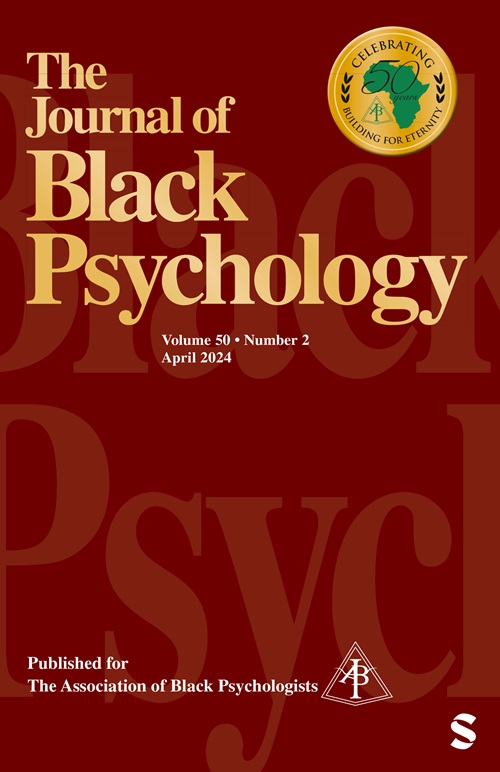Attachment Neuroscience and Martin Luther King, Jr.’s Nonviolence Philosophy: Implications for the 21st Century and Beyond
IF 2.2
3区 心理学
Q2 PSYCHOLOGY, MULTIDISCIPLINARY
引用次数: 0
Abstract
This article focuses on the psychology of principled nonviolent activism, specifically ideas associated with Martin Luther King, Jr.’s philosophy of nonviolence and how they are compatible with attachment theory and related areas of modern neuroscience (e.g., attachment/social neuroscience and interpersonal neurobiology). The proposed Kingian Neuro-Relational Theory (KNRT) recognizes King as having a relational development approach to social justice. KNRT offers a way of understanding King’s ideas to aid research and develop strategies for reducing many forms of societal violence, with eventual outcomes of improving mental and physical health via stress reduction, and subsequent creation of a more socially just world. KNRT is an integrative, multidisciplinary approach, incorporating the philosophy of nonviolence, attachment theory, social neuroscience, ecological systems theory, and personalistic philosophy. The theory highlights developmental and clinical implications of moving beyond tactical/pragmatic nonviolent activism (nonviolent direct action) to activism via embracing nonviolence as a principled way of life (nonviolent daily interactions). This theory is building on an earlier project that conveyed how King’s philosophy of nonviolence is related to modern–day diversity and inclusion efforts.依恋神经科学和马丁·路德·金的非暴力哲学:对21世纪及以后的启示
这篇文章的重点是有原则的非暴力行动主义的心理学,特别是与马丁·路德·金的非暴力哲学有关的思想,以及它们如何与依恋理论和现代神经科学的相关领域(例如,依恋/社会神经科学和人际神经生物学)相兼容。提出的金神经关系理论(KNRT)承认金有一个关系发展的方法来实现社会正义。KNRT提供了一种理解金的思想的方法,以帮助研究和制定减少多种形式的社会暴力的策略,最终通过减少压力来改善精神和身体健康,并随后创造一个更加社会公正的世界。KNRT是一种综合的、多学科的方法,结合了非暴力哲学、依恋理论、社会神经科学、生态系统理论和人格哲学。该理论强调了从战术/实用主义非暴力行动主义(非暴力直接行动)到通过将非暴力作为原则生活方式(非暴力日常互动)的行动主义的发展和临床意义。这一理论是建立在一个早期项目的基础上的,该项目传达了金的非暴力哲学与现代多样性和包容性努力的关系。
本文章由计算机程序翻译,如有差异,请以英文原文为准。
求助全文
约1分钟内获得全文
求助全文
来源期刊

Journal of Black Psychology
PSYCHOLOGY, MULTIDISCIPLINARY-
CiteScore
8.00
自引率
5.80%
发文量
22
期刊介绍:
The Journal of Black Psychology publishes scholarly contributions within the field of psychology toward the understanding of the experience and behavior of Black populations. This includes reports of empirical research and discussions of the current literature and of original theoretical analyses of data from research studies or programs. Therefore, the Journal publishes work in any of the areas of cognition, personality, social behavior, physiological functioning, child development, education, and clinical application, in addition to empirical research and original theoretical formulations outside traditional boundaries, all integrated by a focus on the domain of Black populations and the objective of scholarly contributions.
 求助内容:
求助内容: 应助结果提醒方式:
应助结果提醒方式:


